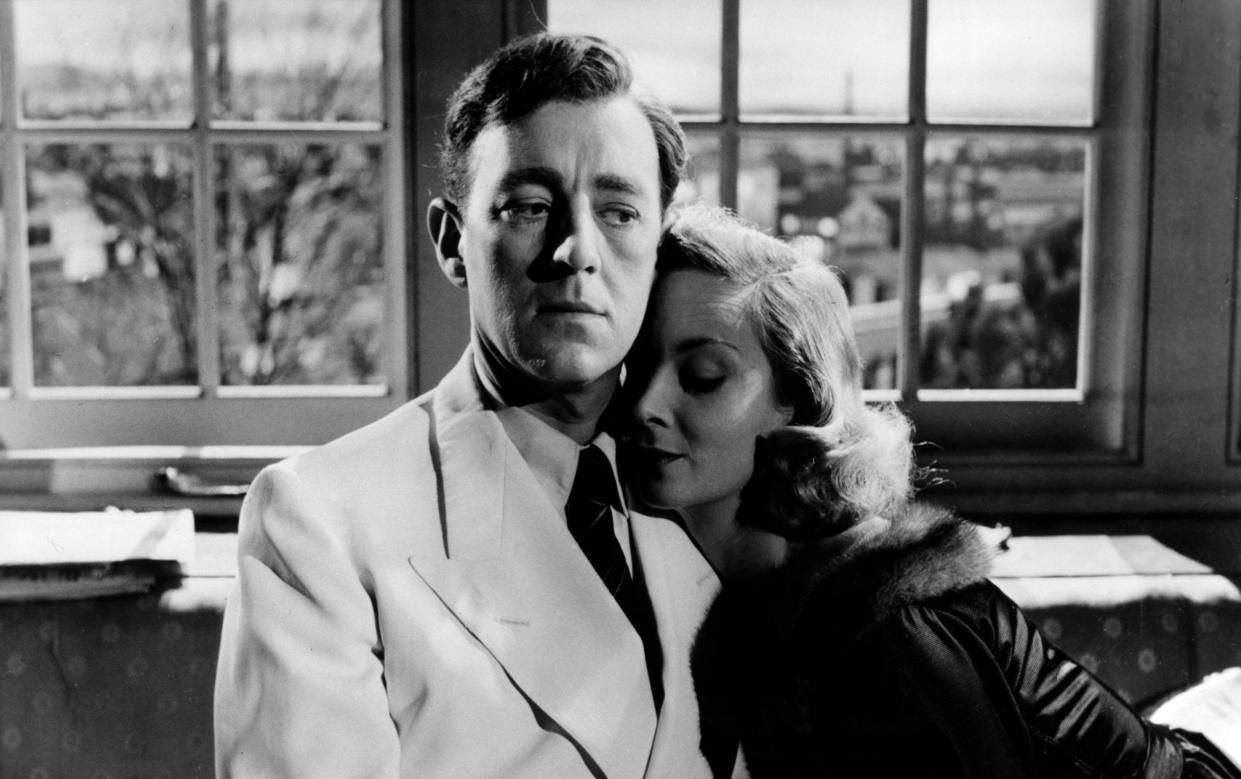This Ealing comedy is pure pleasure – but its gags about Britain’s failings are also cold truths

Alexander Mackendrick’s 1951 Ealing comedy The Man in the White Suit is not only surprisingly brilliant, but also surprisingly profound. The film is sometimes referred to as science fiction, which prompts ideas about Martians landing: they don’t. The sci-fi element concerns the invention by Sidney Stratton (played to perfection by Alec Guinness) of a cloth that repels all dirt and is indestructible. Stratton is a scientist so obstinate that he has been kicked out of a Cambridge fellowship and cannot hold down a job. But really the film is about something of much more immediate concern to post-war Britain: the fragile consensus upon which the country was being rebuilt after defeating Hitler.
Stratton feels he has done the world a serious favour: clothes now won’t wear out, and will never need to be washed. But as Mackendrick himself conceded, every character in the film is a symbol, or caricature, of a political force, and at a time when British society was still becoming used to a new political settlement. The first majority Labour government had been elected in 1945, and six years later it would be unelected after years in which rationing, austerity and privations had failed to come to an end. The forces of capital and labour had been pitted against each other ever since the beginning of the industrial revolution; what changed after 1945 was that, in the eyes of many of the capitalists, labour for the first time held the whip hand.
Both, however, are horrified by Stratton’s invention. The capitalists of the Lancashire textile industry realise that demand will collapse once it dawns on people that their clothes may well last forever. The workers in the mills realise that if there is no demand, their jobs will evaporate; their existing difficulties – protecting a hard-won tea break, for example – pale into insignificance compared with this apocalyptic technological development.
The cast is fabulous. Guinness’s previous film was The Lavender Hill Mob, where he excelled as a novice criminal; and his next would be The Card, in which he played Arnold Bennett’s magnificent creation Denry Machin. He was at the absolute peak of his film career (you can forget Star Wars) and in 1951 was voted the most popular actor in Britain. Joan Greenwood, with whom he had co-starred in the sublime Kind Hearts and Coronets two years earlier, plays the woman who tries to help him protect his invention, when the mill owners and workers conspire to try to keep it off the market.
British trade unionism is shown as short-sighted and conservative; but it is eclipsed by the blinkered conservatism of the management, whose determination to live off their existing earnings and avoid the risk of innovation was indicative of much that was wrong with the country at the time, and why the sort of economic miracle that transformed the defeated West Germany in the 1950s never happened here. Cecil Parker, as the cynical and weak boss of Stratton’s mill, gives one of the best of his many cinematic performances, but the show is stolen by Ernest Thesiger as the geriatric titan of British textiles who knows – or thinks he knows – that every man has his price. As for Stratton, he is the ideal of disinterested science: forced to look again for his El Dorado when his cloth suddenly falls to pieces, and what the bosses call “the crisis” is over.
More than just a work of entertainment, the film is a remarkable historical document, and a fable about the problems and disillusion created when idealism comes against the brute force of reality. The idea that the film is about the triumph of the ways of the past over those of the future is not strictly true: it is about the inability of society to break vested interests, something which pertained until the coming of Thatcherism.
Some critics have argued that Mackendrick was actually satirising Ealing itself, and that he told Parker to model the idiotic pomposity of his character on that of studio boss Michael Balcon. Balcon certainly had a track record of fearing artistic innovation – he nearly vetoed Kind Hearts. But in that regard Ealing was a microcosm of the country its films sought to portray, and parody: which was perhaps why the films did that so well.
